I’m beginning to feel like Donald Sutherland in Invasion of the Body Snatchers: almost the last person on Earth who hasn’t been assimilated by the evil, shapeshifting, floral pod creatures from outer space.
Losing my comrade Christopher Booker the other day didn’t help. Nor did turning to the once robustly sceptical Sun newspaper this morning to find a spread on how to cut your carbon footprint and recycle. The final ‘reeeee!’ moment (fans of the movie will get the reference) will no doubt come when I next bump into Matt Ridley and he tells me: ‘We really must heed the wise things the Prince of Wales and Greta Thunberg are telling us about climate change!’
But is it any wonder that the world is becoming more ignorant and hysterical when environmental alarmism gets such relentless and uncritical coverage in so much of our media? BBC Three’s Extinction Rebellion: Last Chance to Save the World? was all too typical: a hagiographical account of Britain’s most tiresome protest group, which took it as read that its cause is just and that something must indeed be done to avert what one 11-year-old kid interviewed (the product, by the sounds of his accent, of some posho London day school) described as ‘kind of our world war III’.
Yes, ‘climate change’ is kind of like the third world war, apart from the small detail that it hasn’t killed a single person and is unlikely to harm us in any way. The ‘solutions’ being advocated by Extinction Rebellion — state-enforced deindustrialisation, rationing, etc. — most definitely will hurt us, though. You might have hoped reporter Ben Zand would have asked them about this. But unfortunately he was too busy being impressed by their youth, tenacity and courage.
Here was 16-year-old Dani, her hair dyed purple, bunking off school to join the kids’ climate march in London. ‘Dani’s from Peru, where the effects of climate change are happening now,’ the voiceover told us, without feeling the need to justify this claim. ‘How does it feel?’ Dani was asked on finding herself in Parliament Square, surrounded by thousands of fellow eco-truants. ‘So amazing. Literally!’ Dani replied.
You felt sorry for Dani’s mum. ‘I want Daniella to continue with her education,’ she said, in her Spanish-accented English. Well, quite. You fly halfway across the world to give your daughter a better life and what does she do? She becomes yet another identikit woke unemployable trying to turn the economy Mum hoped would be her salvation into the next Venezuela.
Then there was ‘recent graduate’ Ed, 22, who I expect read something invaluable like environmental sciences at ‘uni’ and was now putting his transferable skills to good use, encouraging his fellow protestors to glue themselves to the door of an oil company. When security tried to remove him, he was indignant: ‘It’s because I respect you that I’m doing this,’ he explained. ‘I’m fighting for your future as well.’
Truly I think there is no hope for youth. Watching a couple of episodes of the new Stranger Things with Boy confirmed this. Though I raved about the first season — an inspired mash-up of classic early-1980s TV and movie tropes with a great soundtrack, charming characters and lots of spine-tingling creepiness and horror — this latest one (we’re now on season three) appears to have settled for self-indulgence and tweeness.
Where season one had the creeping menace of Alien, the mood here is closer to Scooby-Doo, only instead of solving mysteries the pesky kids spend half their time padding out the drama by having cute, winsome relationships with girls (one of whom is Eleven, played by Millie Bobby Brown but now with added hair). Perhaps what it’s aiming for is something poignant like Stand by Me — ah, the lost innocence of our youth — but to me it felt more like that water-treading you often encounter when what should have been a one-season drama becomes a huge hit and they suddenly have to stretch out the formula.
As we’ve seen in everything from Lost to The Returned, what you end up with is something meandering and pointless, which relies mainly on your affection for familiar characters and settings while drip-feeding you just enough drama to stop you giving up. Boy doesn’t seem bothered by this, as I suppose you wouldn’t be when you’re a student with eons of spare time and a whole life ahead of you. But I resent it deeply. Yes, having been there first time round, I can appreciate the 1980s pop-cultural references, and I love the attention to period detail, such as the recreation of a mall with shops such as J.C. Penney and Gap selling all the right clothes. Not, though, unless it’s got a satisfying plot attached which convinces me that at some stage it will be properly, intelligently resolved with that spidery monster slain for good.
Got something to add? Join the discussion and comment below.
Get 10 issues for just $10
Subscribe to The Spectator Australia today for the next 10 magazine issues, plus full online access, for just $10.
You might disagree with half of it, but you’ll enjoy reading all of it. Try your first month for free, then just $2 a week for the remainder of your first year.


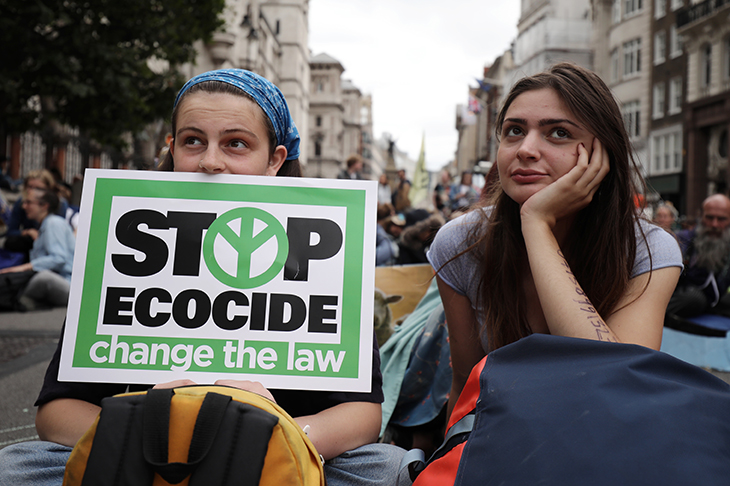
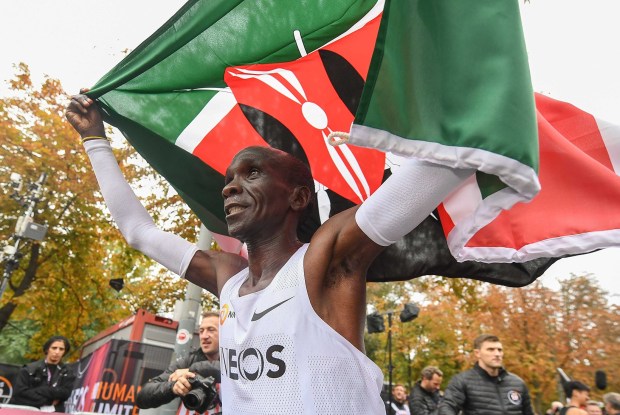
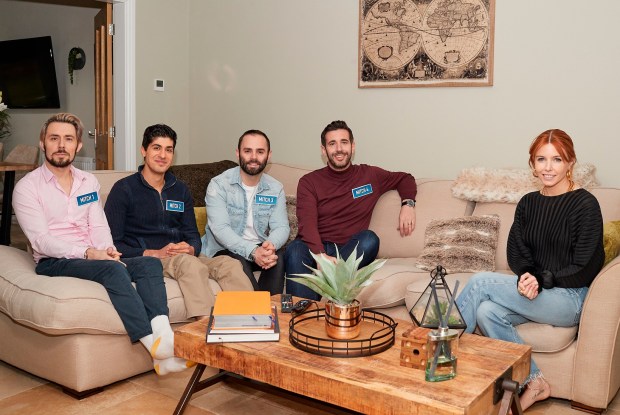

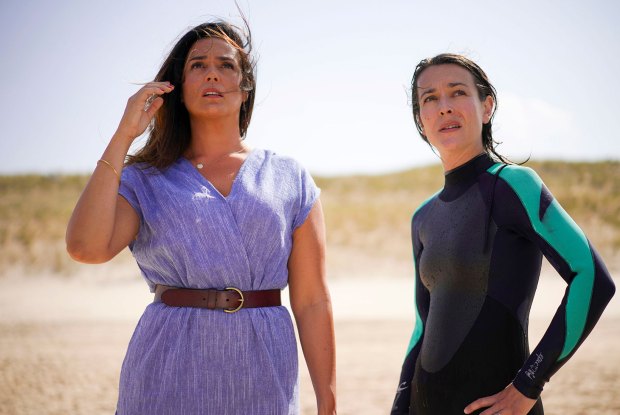
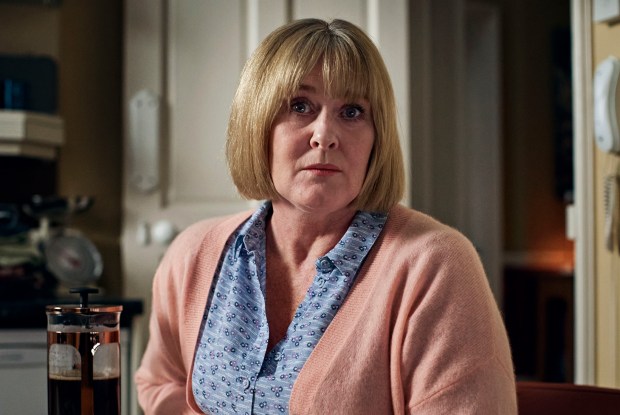







Comments
Don't miss out
Join the conversation with other Spectator Australia readers. Subscribe to leave a comment.
SUBSCRIBEAlready a subscriber? Log in